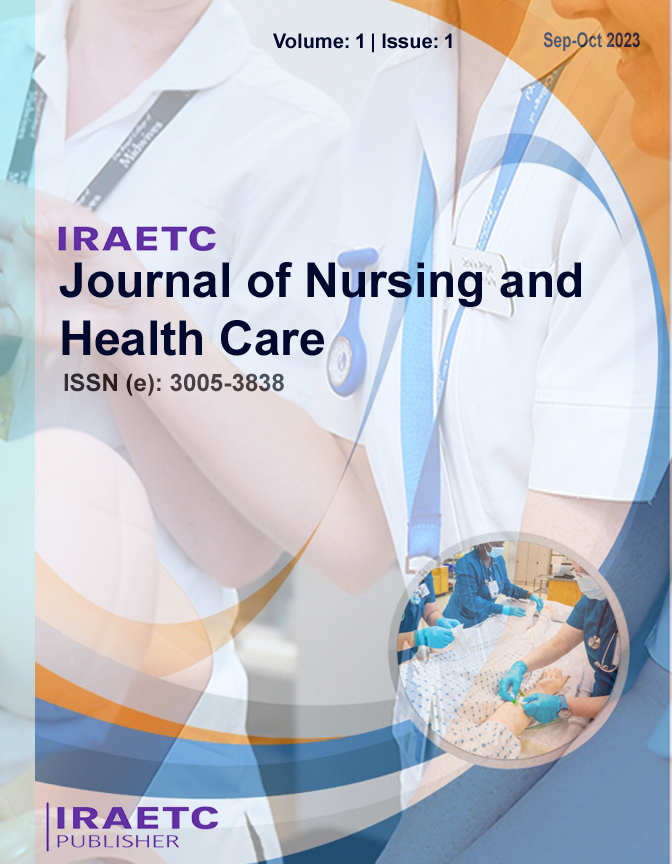Nurses Knowledge on Management of Cerebral Haemorrhage Patients at Rajshahi Medical College Hospital

| Nurses Knowledge on Management of Cerebral Haemorrhage Patients at Rajshahi Medical College Hospital |
| Anjuman Ara, Momtaj Mohal, Romjan Shorif, Sima Khatun, Tanzina Islam, Molly Kundu, Nasrin Khatun |
| DOI: https://doi.org/10.62469/ijnhc.v01i02.004 |
| Pdf Download |
